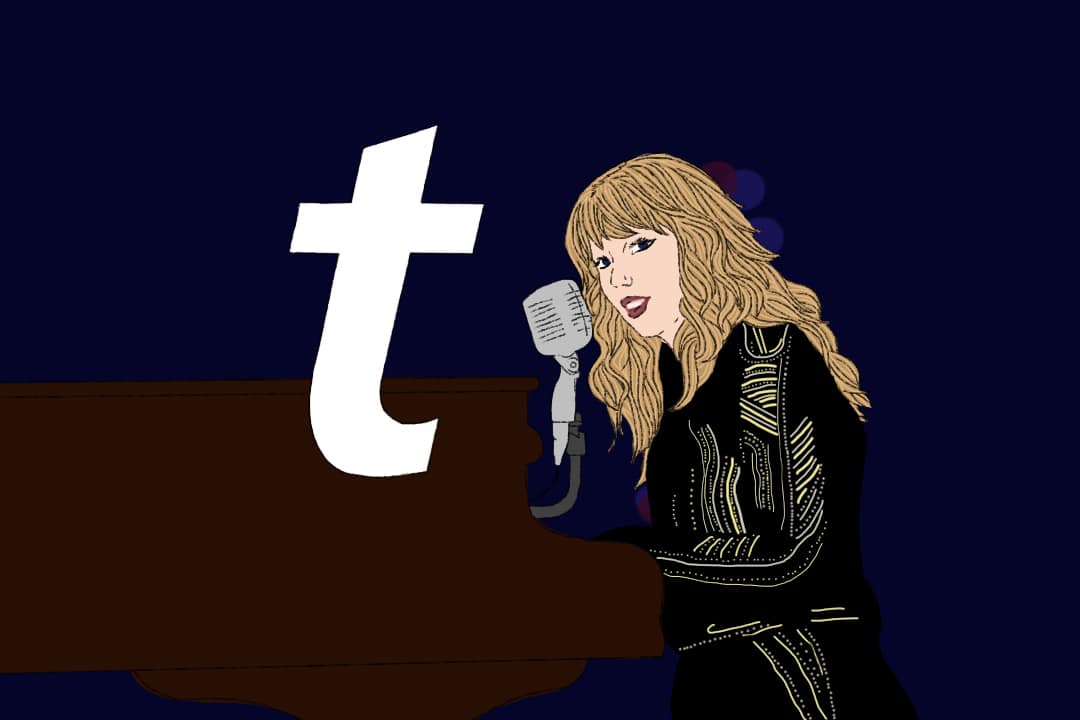On November 15, 2022, presale tickets to US dates for Taylor Swift’s highly anticipated The Eras Tour went live on Ticketmaster’s official website for registered fans. A record-breaking 3.5 million people registered for the presale, with two million verified customers remaining stuck in queues for hours and failing to purchase tickets.
Ticketmaster controls approximately 70 per cent of the ticket-selling and live-events industry, but its dominant position has come into question since its failures with Swift’s presale. The absence of competition in the online ticketing market, along with Ticketmaster’s inability to provide customers with expected services, ultimately left Swift and her fans distrustful of the company and its practices. This scrutiny raises doubts about Ticketmaster’s emergence as a ticketing giant and the sole decider of the ticket market’s pricing.
How Ticketmaster works
Ticketmaster is an American ticket distribution company that was founded in 1976. In 2010, the company merged with Live Nation, the biggest concert promotion company in the world. With access to Ticketmaster’s technologies and Live Nation’s catalogue of venues, the new company, Live Nation Entertainment, became a threat to other concert promoters and ticketing platforms.
Even back then, it was clear that it would be difficult for healthy competition to thrive against the company, giving it the monopolistic advantage to control the market’s ticket pricing. This advantage only intensified in 2020, when Ticketmaster purchased Rival, one of its only competitors.
Live Nation Entertainment’s control of its market greatly contributes to the company’s ability to prevent artists from working with other companies. Ticketmaster’s exclusive contracts with concert venues made it impossible for AEG Presents, Swift’s tour promoter, to consider other options.
The Live Nation merger also led to the introduction of Ticketmaster’s dynamic pricing system, which determines ticket prices based on the level of demand for an artist. Increased profits from this system benefit both the artist and Ticketmaster, which is why many musicians, including Swift herself, have used dynamic pricing to sell tickets. Artists often choose to use this system because it allows the musician and the venue to directly receive profits from sold tickets, which does not happen if tickets are resold on secondary platforms.
However, without any market competition, Ticketmaster’s dynamic pricing policy allows the company to set a high face value price for a ticket, without facing the possibility of losing customers. Swift fans have no choice but to buy these expensive tickets, while Ticketmaster makes a large profit.
So what about Taylor Swift?
The costly presale ticket prices for The Eras Tour are certainly an accurate reflection of the high demand to see Taylor Swift, who broke sales and streaming records with her 10th studio album, Midnights, released in October. Considering this, Ticketmaster had the foresight to be prepared for large numbers of customers to be registered for the presale.
Yet, the company failed to distinguish between verified fans and online bots. Ticketmaster didn’t counter bots that purchased tickets and resold them on other websites, often at much higher prices. Ticketmaster earns the same profit in situations like these, but fans are forced to buy tickets at prices higher than their face value. Now, some tickets from certified resellers are starting at approximately $300 USD before additional fees.
Ticketmaster has confirmed that less than five per cent of tickets were purchased for resale, but the fact remains that the company was ill prepared for the vast number of system requests and bot attacks that forced Ticketmaster to close the sale before its app crashed.
Fans who were able to access the ticket menu were also met with the widespread issue for which Ticketmaster is notorious: excessively unaffordable fees, only discovered when additional service charges are added at checkout. One Taylor Swift ticket for a New Jersey show was $12,000 USD, though they were supposed to sell for up to $449 USD when first released.
Ticketmaster can defensively accredit high prices to dynamic pricing; however, Live Nation and Ticketmaster remain the main source and beneficiary of this system. Increased competition in the industry would force the company to change pricing policies, and it would also lead to the development of more innovative systems.
In response to the fiasco, Swift wrote in an Instagram post that Ticketmaster “assured” her team that high demand would be met and she can only hope “to provide more opportunities” for her fans. The US Department of Justice is also conducting an ongoing investigation of Live Nation and its possible exploitation of Ticketmaster’s market power.
While Swift’s non-American fans warily await announcements regarding how tickets will be sold for the remainder of the tour, it is clear that they are not the only concertgoers affected. The future of live events may currently be controlled by Live Nation, but the response from Swift and her audience is a reminder that change begins with the people that make the experience most valuable: the fans.


